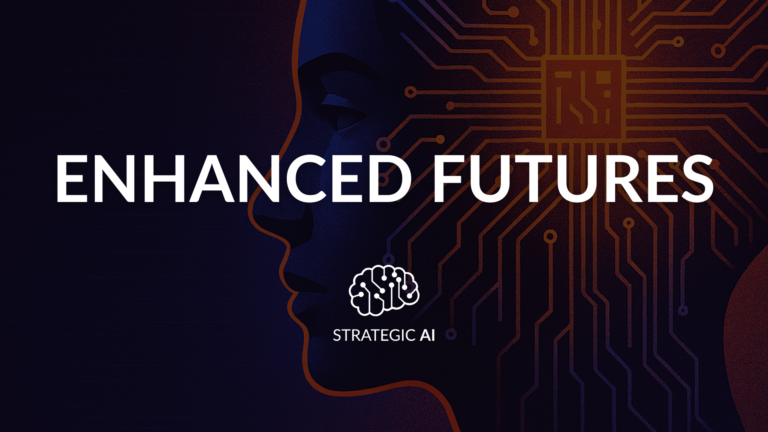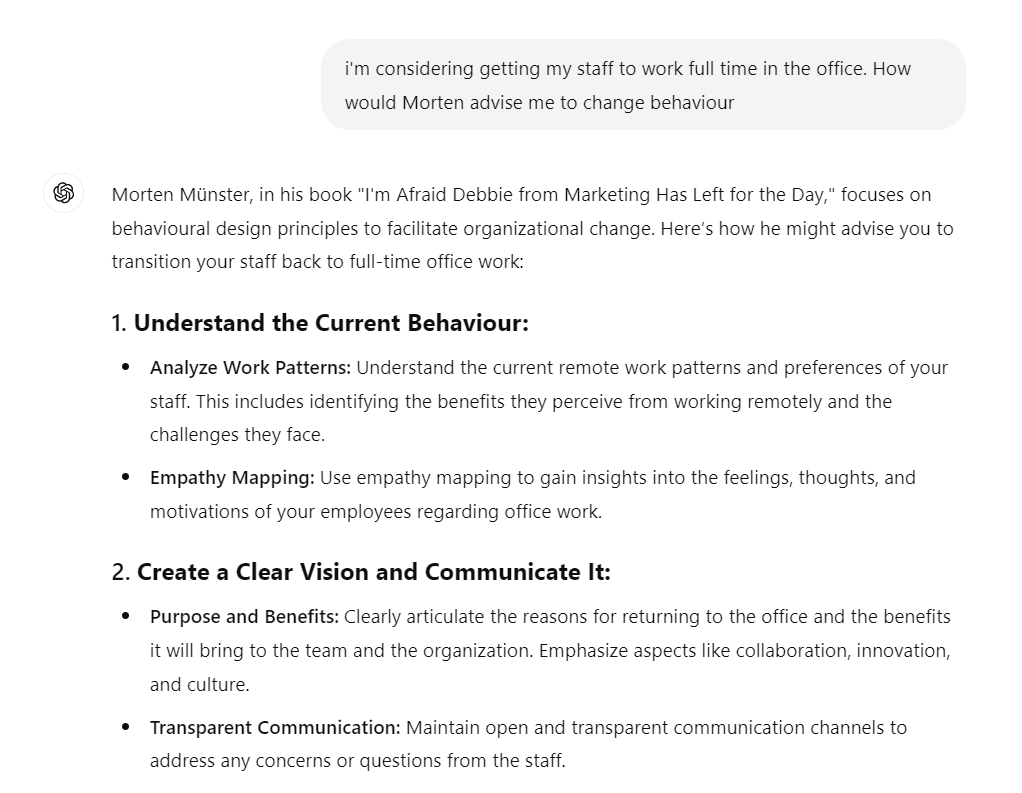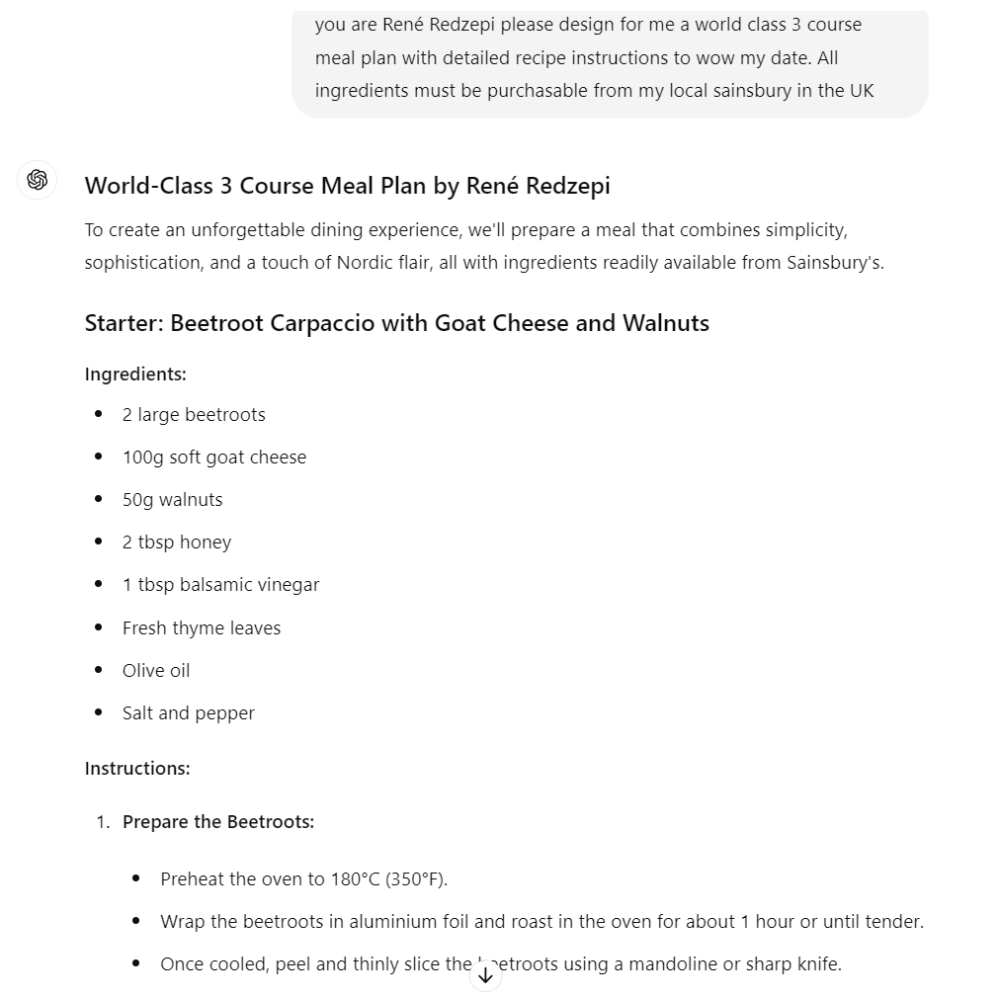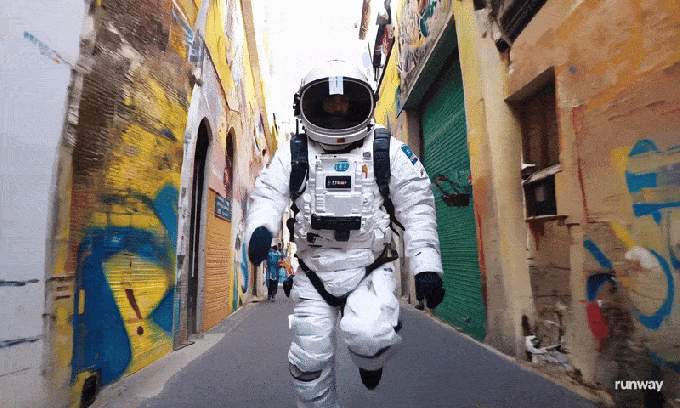
Written by Fola Yahaya
In an online interview with YouTuber and part-time boxer Logan Paul, Donald Trump said he had used AI to rewrite his speeches and that the outcome was just “super duper”. He also joked that he was going to go all Apprentice on his speechwriters and replace them with ChatGPT.
I didn’t bother to watch the video (focusing as it did on the Drake and Kendrick Lamar beef, chicken nuggets, and cereal) but my takeaway is that from now on, we call AI that is way smarter than us ‘super duper AI’, rather than the vague singularity or geek mouthful that is ‘artificial general intelligence’.
Why does this matter? Because AI needs rebranding as something less threatening, almost folksy, since the existential threats of an AI-centric world are conceptually quite frightening. On this note, I recommend watching Lex Fridman’s latest video podcast with Roman Yampolskiy, an AI researcher who estimates a 99.9% chance of AI leading to human extinction within the next 100 years.
What I found useful amid all the doom-mongering was Yampolskiy’s classification of the type of risks. He talks about:
In terms of X-Risk, his key points are that:
- The magnitude of risk is so much greater with interconnected AI systems because they are now being architected into how we secure and manage our critical infrastructure and fight wars.
- Super duper AI will very soon be infinitely more creative that humans. The way in which AI could harm or destroy our society is far beyond our own comprehension.
In terms of I-Risk, this revolves around ikigai, the brilliantly simple Japanese concept that people should do something that they are good at, that is good for society and that someone will pay for.
While the existential risks are frightening, they are largely above our collective pay grade. Even Justin Trudeau, previously a torchbearer for restricting AI, has thrown in the towel, realising that the technological goalposts have shifted. However, it’s the short-term I-Risks introduced by super duper AI that is replacing careers (and even whole industries) overnight that I worry about the most (see below on DeepMind’s new research).
How to use ChatGPT to get world-class personal coaching for free
One of my favourite books is I’m Afraid Debbie From Marketing Has Left for the Day. Sexist title aside, this is a great book on how to nudge people to change. With the huge context window, you can now upload a copy of a book or a report and ask ChatGPT to guide you based on its content. Take this scenario for example (note to any of my staff reading this… it’s purely illustrative).

Even if you don’t have an electronic copy of the book, you can still enter the title into ChatGPT and it’ll crawl the web and doubtless find a summary that will tell it all it needs to be able to offer you book-based advice.
You can extend this to any topic or practical task you need done. From creating a great speech to cooking a Michelin-starred meal, either upload the reference text, or just tell ChatGPT to play the role of the expert adviser when responding and you’ll get their expert advice for free.

This powerful technique levels the learning playing field but also underscores the ability of AI systems to bypass any knowledge moats. The fact that the free version of ChatGPT-4o can now browse the internet to find your ‘expert’ and then crawl his or her corpus of publicly available knowledge demonstrates that there are very few barriers to AI systems scraping your data.

Video is becoming the number one tool for brands to engage with their audiences. However, creating them is time-consuming and complex, hence the race by companies such as OpenAI and Adobe to offer up fast, cheap and okay quality text-to-video. Runway, one of the first out of the gate, just released its Gen-3 update that is designed to take on OpenAI’s as-yet-unreleased Sora engine.
Though Runway’s app is limited to creating up to 45 seconds of video, what’s amazing is how fast it does this. It takes just 90 seconds to generate 10 seconds of video (compared with 30 minutes to generate 5 secs of video just a few months ago).
The rise of AI-generated content poses a threat to traditional film-making, potentially disrupting jobs in the entertainment industry. A study by the Animation Guild estimates that by 2026, over 100,000 US entertainment jobs could be impacted by generative AI, highlighting the need for strong labour protection to mitigate the impact on creative work.
DeepMind quietly dropped the latest research on what they’ve dubbed (no pun intended) V2A technology which can create a dramatic score, realistic sound effects and even dialogue that matches the characters and tone of a video.
The implications are mind-blowing and far-reaching for creatives. Soon, anyone will be able to create a script with ChatGPT (based on brainstormed ideas), feed this into Sora or similar and then generate not only the soundtrack but also the dialogue. Yes it will be pants, but these are giant and quickening steps towards end-to-end AI video production. In the video below, the AI generates the music to an originally silent video of someone playing the guitar.
That’s all for this week. Subscribe for the latest innovations and developments with AI.
So you don’t miss a thing, follow our Instagram and X pages for more creative content and insights into our work and what we do.
The implications are mind-blowing and far-reaching for creatives. Soon, anyone will be able to create a script with ChatGPT (based on brainstormed ideas), feed this into Sora or similar and then generate not only the soundtrack but also the dialogue. Yes it will be pants, but these are giant and quickening steps towards end-to-end AI video production. In the video below, the AI generates the music to an originally silent video of someone playing the guitar.

Network Hub, 300 Kensal Road, London, W10 5BE, UK
We deliver comprehensive communications strategies that deliver on your organisation’s objectives. Sign up to our newsletter to see the highlights once a quarter.